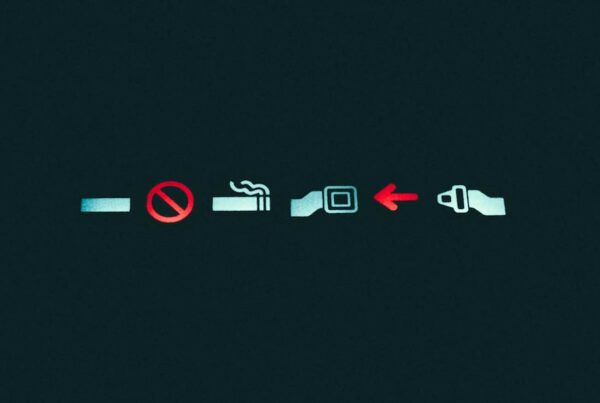
When was the last time you wished you could walk away from your profession?
Last night? This morning? 10 minutes ago?
Even if you’re great at what you do, it’s normal to periodically feel like you’ve had enough.
And because your plate is likely often sooo full, and because you are a responsible person, it’s also only normal to daydream about the less dramatic version of walking away from your profession: Early retirement.
Just imagine the day when the only thing on your plate is some fresh shrimp and a chilled martini. It sounds like heaven even if you’re not having them on the beach someplace warm. Because more leisure, shrimp, and chilled martinis = the path to more happiness, no?
Or is it?
Have you ever looked closely at the lives of folks who have extended periods of leisure in their lives?
Even for professional athletes, too much leisure can be life-threatening.
Case in point: Bjorn Borg, the ex-professional tennis player.
Truth be told, back in his day, Bjorn Borg was more than a professional tennis player. He was tennis. (This is not us talking — just Google it.)
The only other player to-date to match Borg’s stature is Roger Federer.
There are soo many similarities between Borg and Federer. For example, both are beyond humble. They seem slightly embarrassed by the fact that they are/were the best.
There’s also one major difference between the two. And by major we mean a Grand-Canyon-sized kind of difference between Borg and Federer.
You see, at age 26, for no obvious reason, Borg quit tennis. Federer, on the other hand, is still playing at what, for a professional athlete of his stature, is the advanced age of 36 and a half. He just won another Australian Open, and Federer has no plans to retire anytime soon.
Back to Borg. What’s especially interesting is that Borg was never able to provide a compelling reason for quitting tennis at 26.
He was not declining or injured.
The best explanation Borg came up with afterwards was that — and you’re likely not going to believe it — he liked the feeling of waking up in the morning and knowing he wouldn’t have to practice.
Did early retirement bring Borg more happiness?
No.
Shortly after quitting tennis, his entire life fell apart. He divorced, found he had no head for business, lost a lot of money, and finally entered an extended phase of total aimlessness.
What Borg never seemed to realize was that by walking away from his profession, he was also suffocating the thing that had made him successful in the first place. That thing? Discipline.
Surprised?
Maybe, because discipline is a concept that is rarely associated with happiness nowadays.
Let’s not even talk about work, because that can be too polarizing of a topic. (Have you ever heard someone come back from a trendy team-building retreat who said that discipline was on the agenda?)
Even teeny-tiny servings of discipline seem to be out of fashion nowadays. For example, it seems like nobody’s making their beds in the morning anymore.
And yet, discipline is the master key. It unlocks the door to craft, sophistication, opportunities, high self-esteem, accomplishment, and the accompanying feelings of satisfaction and happiness.
It’s not just us feeling that way. Here’s what the Dalai Lama said on the topic: “A disciplined mind leads to happiness, and an undisciplined mind leads to suffering.”
Let’s wrap this up.
Maybe it’s just us, but it seems that without hard work and discipline, it’s not only impossible to be a top professional. It’s also impossible to be happy.
But hey, don’t take our word for it. Just ask Bjorn Borg.



